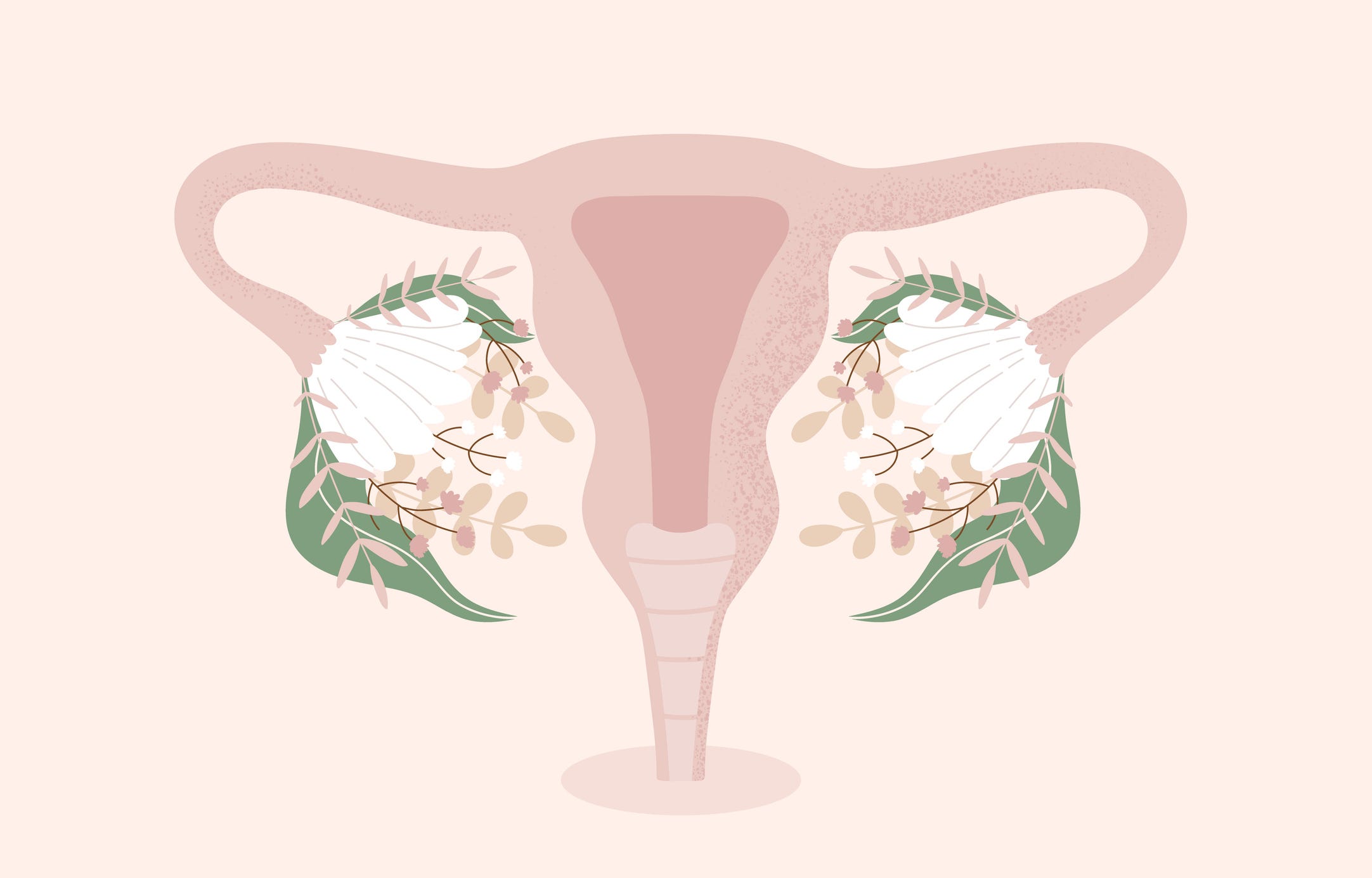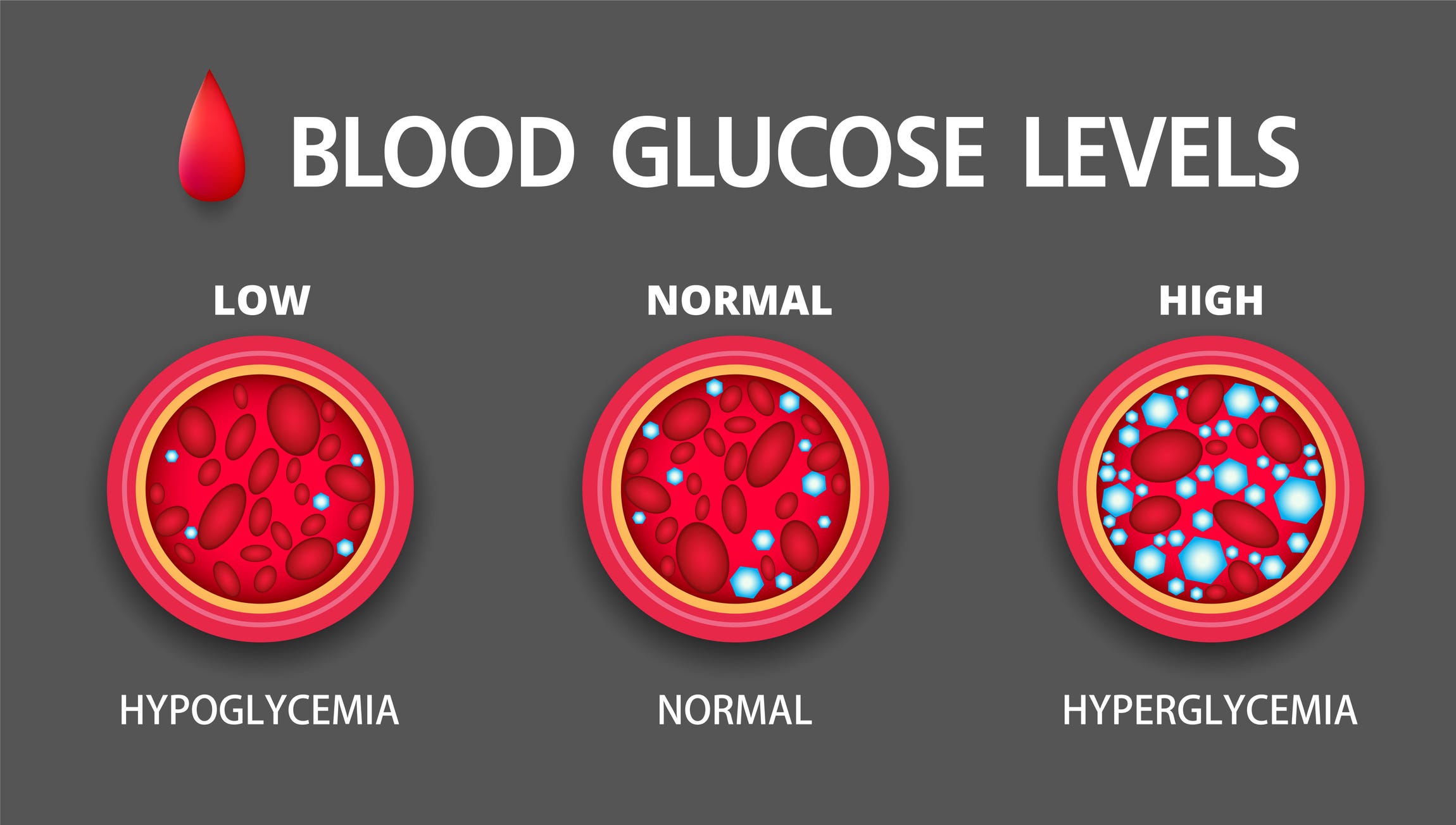
How Do I Build a Stronger Heart With B Vitamins?
When it comes to cardiovascular wellness, most people focus on exercise and diet—but there's another critical factor that’s often overlooked: nutrient support. Among the many nutrients that play a role in heart function, B vitamins are especially important. These water-soluble compounds are involved in energy metabolism, blood vessel integrity, and the maintenance of healthy homocysteine levels—a key marker often associated with cardiovascular function.
While no supplement replaces a heart-healthy lifestyle, certain B vitamins may help support key processes that contribute to a stronger cardiovascular system. This blog will explore how folate, B6, B12, and other B-complex nutrients may help support heart health, especially when used in combination with diet and lifestyle adjustments.
We’ll also address how to use B vitamins safely, how to pair them with other lifestyle strategies, and what to look for in a high-quality supplement.
Table of Contents
- What Role Do B Vitamins Play in Heart Health?
- Folate, B6, and B12: Homocysteine and Vascular Support
- Additional B Vitamins: Energy Metabolism and Cellular Support
- Lifestyle Tips for Supporting Heart Function Alongside B Vitamins
- Frequently Asked Questions
- Conclusion and Key Takeaways
- References
1. What Role Do B Vitamins Play in Heart Health?
The B-complex family includes eight distinct vitamins, each with its own role in the body. Several of these—particularly folate (B9), vitamin B6, and vitamin B12—are known for their ability to help support vascular function and assist in metabolizing homocysteine, an amino acid that can accumulate in the blood if not properly processed.
Elevated homocysteine levels are not considered a disease in themselves, but research suggests they may be associated with compromised blood vessel flexibility and oxidative stress. B vitamins help the body process homocysteine into other harmless substances, thereby supporting overall vascular wellness and helping maintain healthy blood flow.
Beyond homocysteine metabolism, B vitamins are also involved in red blood cell formation, nervous system support, and the conversion of nutrients into usable energy—factors that all contribute indirectly to cardiovascular performance and endurance.
Because B vitamins are water-soluble and not stored long-term in the body, they must be replenished regularly. This makes daily intake—either from diet or supplementation—essential for maintaining consistent nutrient levels that may help support heart health over time.
2. Folate, B6, and B12: Homocysteine and Vascular Support
Among all the B vitamins, folate (B9), vitamin B6 (pyridoxine), and vitamin B12 (cobalamin) are most frequently studied for their connection to cardiovascular health. These three nutrients work synergistically to support a key process in the body: the conversion of homocysteine into methionine or cysteine, which helps maintain healthy levels of this naturally occurring amino acid.
Homocysteine is a byproduct of protein metabolism. While it is a normal component of the blood, elevated levels have been associated with oxidative stress and endothelial challenges. Although not classified as a disease risk factor by itself, keeping homocysteine levels within a normal range is considered beneficial for vascular integrity.
Folate (Vitamin B9): Folate helps support the conversion of homocysteine to methionine, a process essential for normal methylation and detoxification pathways. It is commonly found in leafy greens, beans, and citrus fruits. Supplementing with bioavailable forms such as methylfolate may offer added support, particularly for individuals with genetic variations that affect folate metabolism.
Vitamin B6: B6 assists in converting homocysteine into cysteine, supporting amino acid balance and overall cardiovascular function. This nutrient also plays a broader role in neurotransmitter synthesis and energy metabolism, making it essential for total-body wellness. Food sources include bananas, chickpeas, and poultry.
Vitamin B12: B12 helps recycle homocysteine into methionine through a different biochemical pathway. It is also essential for maintaining healthy red blood cells and supporting nervous system function. Found in animal-based foods like eggs, meat, and dairy, it may need to be supplemented by individuals following vegetarian or vegan diets.
By working together to support homocysteine metabolism, these B vitamins may help promote vascular comfort and maintain the normal flexibility of blood vessels—especially when combined with a diet rich in colorful plant-based foods and healthy fats.
3. Additional B Vitamins: Energy Metabolism and Cellular Support
While folate, B6, and B12 receive the most attention for their relationship to homocysteine, the other B-complex vitamins also contribute significantly to cardiovascular support—particularly through their involvement in mitochondrial function, energy metabolism, and enzymatic balance within the heart and vascular tissues.
Vitamin B1 (Thiamine): Thiamine plays a key role in the metabolism of carbohydrates and the production of ATP, the body’s main energy molecule. The heart, being a high-energy organ, requires a steady supply of thiamine to maintain efficient muscle contractions and blood flow. Deficiency in thiamine may impact cardiovascular performance, particularly in older adults or those with restricted diets.
Vitamin B2 (Riboflavin): Riboflavin is involved in redox reactions and supports antioxidant systems that help reduce oxidative stress. These systems are critical for maintaining the health of blood vessels and reducing the cellular stress that may otherwise interfere with normal vascular function.
Vitamin B3 (Niacin): Niacin is known for supporting healthy lipid metabolism. It plays a role in converting food into energy and has been traditionally used in nutritional protocols for cholesterol balance. However, therapeutic use of niacin should be guided by a healthcare professional due to its impact on liver enzymes at high doses.
Vitamin B5 (Pantothenic Acid): Pantothenic acid is essential for the synthesis of coenzyme A, which is involved in fatty acid metabolism. This process is key for breaking down fats and using them as an energy source—particularly important for heart cells that rely heavily on fat-derived fuel.
Vitamin B7 (Biotin): Although primarily associated with skin, hair, and nail support, biotin also assists in enzymatic functions that contribute to cellular energy production. While its role in direct heart support is less well studied, it remains an important component of the complete B-complex group.
Collectively, these B vitamins contribute to mitochondrial function, energy output, and oxidative balance—three areas of foundational importance for a strong, resilient heart. Ensuring adequate intake through whole foods or high-quality B-complex supplementation may help support cardiovascular wellness, especially during times of stress or increased demand.
4. Lifestyle Tips for Supporting Heart Function Alongside B Vitamins
While B vitamins can help support several physiological processes related to heart function, they’re most effective when used in combination with other healthy habits. Building a stronger heart involves more than just one nutrient—it requires a comprehensive approach rooted in consistency, movement, and nourishment.
1. Emphasize nutrient-rich, heart-focused meals. A diet that includes leafy greens, legumes, nuts, whole grains, lean protein, and healthy fats creates a nutritional foundation for cardiovascular support. These foods naturally supply B vitamins, magnesium, potassium, and antioxidants—all of which help maintain balanced cellular function. Limiting heavily processed and high-sugar foods can also help reduce metabolic burden on the heart.
2. Stay physically active. The heart is a muscle—and like all muscles, it becomes stronger with regular use. Aim for at least 150 minutes per week of moderate-intensity movement, such as brisk walking, swimming, or cycling. Physical activity supports oxygen delivery, circulatory efficiency, and stress reduction—all of which complement the metabolic support provided by B vitamins.
3. Prioritize rest and sleep recovery. Consistent, restorative sleep supports the body’s repair processes and hormone balance. Aim for seven to nine hours of uninterrupted rest per night to promote healthy blood pressure and circulation. B vitamins like B6 and B12 play roles in neurotransmitter function, which can influence sleep quality when combined with healthy routines.
4. Practice daily stress management. Chronic stress can lead to increased oxidative stress and hormonal shifts that may influence heart function. Deep breathing exercises, mindfulness, journaling, and time spent in nature are excellent tools to build into your routine. Supporting your nervous system with adequate B vitamin intake—particularly B1, B6, and B12—may help you manage daily demands with greater resilience.
5. Avoid smoking and limit alcohol. Smoking and excessive alcohol intake can deplete B vitamins and contribute to oxidative stress. Avoiding these habits helps preserve cardiovascular and cellular health, and ensures that the nutrients you consume are put to use effectively rather than lost to metabolic stress.
When lifestyle strategies are aligned with consistent B vitamin intake—either through diet or supplementation—they form a solid foundation for heart-supportive wellness. While no single habit guarantees heart strength, this integrative approach promotes balanced systems that may help maintain healthy cardiovascular function over time.
5. Frequently Asked Questions
Can B vitamins actually help support my heart?
B vitamins may help support several functions that contribute to heart health, such as homocysteine metabolism, red blood cell production, and energy generation. While they aren’t intended to prevent or treat disease, consistent intake of certain B vitamins—especially folate, B6, and B12—can support pathways involved in vascular integrity and cellular function.
Which B vitamins are most important for cardiovascular wellness?
Folate (B9), vitamin B6, and vitamin B12 are frequently studied for their role in supporting homocysteine metabolism. Thiamine (B1) and niacin (B3) also play a role in supporting energy metabolism and circulatory balance.
Should I take B vitamins individually or as a complex?
That depends on your dietary intake, lifestyle, and specific wellness goals. A B-complex supplement ensures broad-spectrum support across all eight B vitamins, which work synergistically. However, individuals with specific needs—such as increased folate or B12—may benefit from targeted support under professional guidance.
What’s the best time of day to take B vitamins?
Because B vitamins are involved in energy metabolism, they’re best taken earlier in the day—ideally with breakfast or lunch. Taking them late in the evening may disrupt sleep for some individuals, particularly when supplementing with higher levels of B12.
Can I get enough B vitamins from diet alone?
Many people can meet their needs through a balanced diet. However, older adults, those with digestive challenges, or individuals following vegetarian or vegan diets may require supplementation—especially for vitamin B12. A health professional can help assess your nutrient status and guide your intake.
6. Conclusion and Key Takeaways
B vitamins are more than just daily essentials—they support some of the most important physiological processes related to cardiovascular wellness. From helping regulate homocysteine levels to aiding in red blood cell formation and energy metabolism, B vitamins may help reinforce a strong, resilient heart when paired with smart lifestyle choices.
Although supplements should never replace a nutritious diet or medical advice, they can help fill gaps and support your body’s natural functions. Whether you're getting B vitamins from whole foods or a high-quality complex, consistent intake—combined with a heart-healthy lifestyle—can make a meaningful difference in your overall wellness plan.
Key Takeaways
- Folate, B6, and B12 may help support homocysteine metabolism and vascular health
- B1, B2, B3, B5, and B7 play roles in energy metabolism, circulation, and cellular function
- A nutrient-rich diet, regular exercise, and stress management enhance the effectiveness of B vitamins
- Daily intake is important—B vitamins are water-soluble and not stored for long in the body
- Always consult a healthcare provider before starting new supplements
Disclaimer
These statements have not been evaluated by the Food and Drug Administration. This product is not intended to diagnose, treat, cure, or prevent any disease.
7. References
- UPMC. What Vitamins Are Best for Your Heart?
- NIH Office of Dietary Supplements. Vitamin B12 Fact Sheet.
- National Library of Medicine. B Vitamins and Cardiovascular Disease Risk.
- FDA. Dietary Supplement Oversight and Guidance.
- Harvard T.H. Chan School of Public Health. The Nutrition Source – B Vitamins.
















